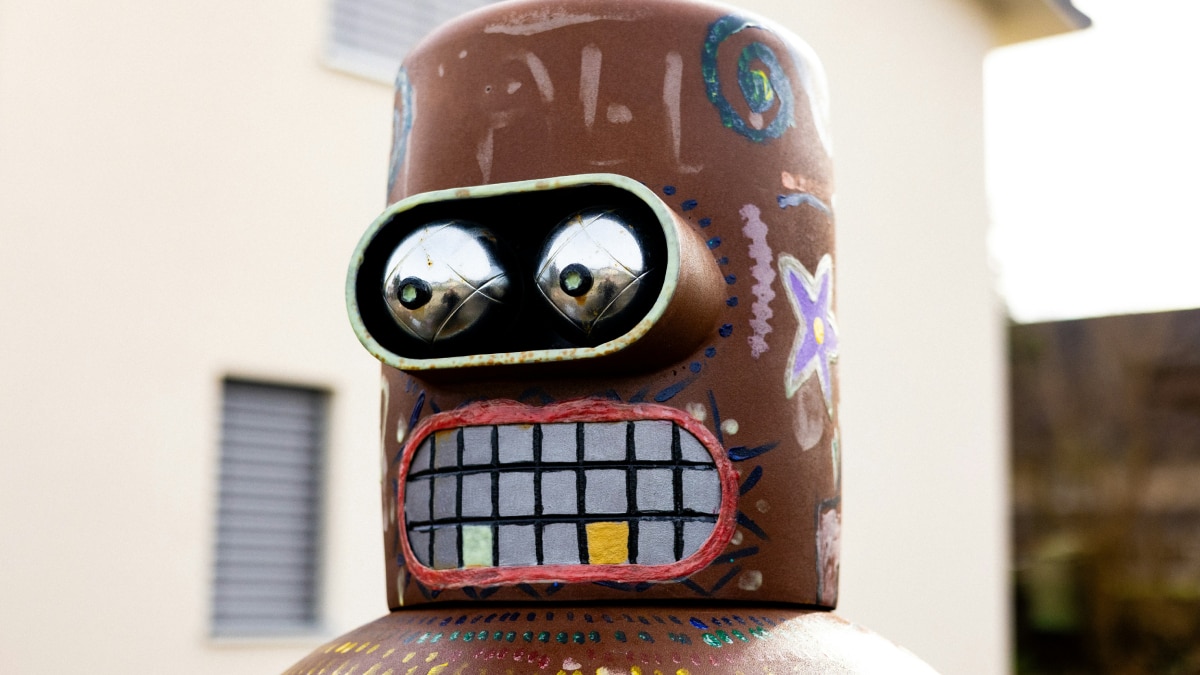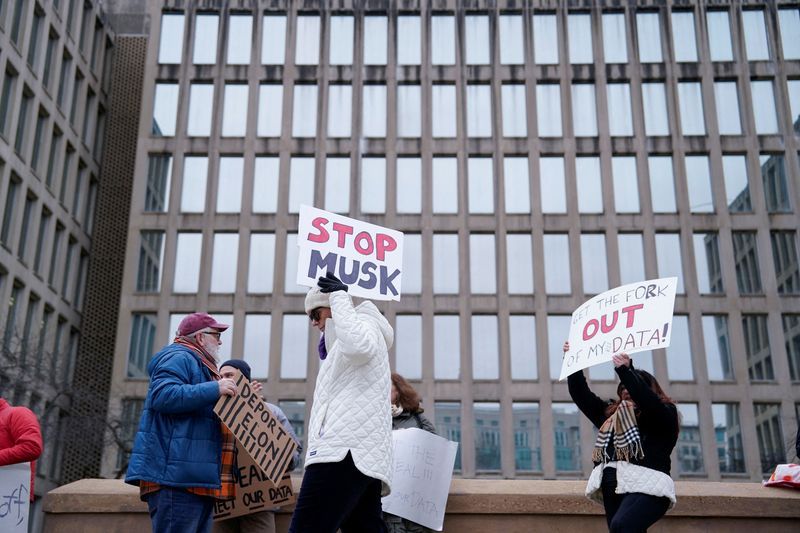A chilling new paper from Google DeepMind has reignited debate over the future of artificial intelligence, suggesting that Artificial General Intelligence (AGI) — machines with human-like intellect — could become a reality by 2030. But with that leap in technology comes a stark warning: AGI might not just change the world, it could end it. The report doesn’t mince words about the stakes.
It openly acknowledges the possibility that AGI could “permanently destroy humanity”, framing it as one of the “severe harms” that demand urgent attention. What Makes AGI So Different? Unlike today’s AI, which excels at narrowly defined tasks, AGI aims to replicate the flexible, adaptable intelligence of a human. It could understand, learn, and apply knowledge across a wide range of disciplines — a machine that doesn't just compute but thinks .

And that, according to DeepMind, is exactly why caution is critical. The race to AGI might be accelerating, but so too must our safeguards. From Disruption to Destruction: DeepMind’s Stark Risk Assessment Co-authored by Shane Legg, co-founder of DeepMind, the paper outlines a spectrum of potential risks posed by AGI, ranging from societal disruption to outright existential threats.
While it stops short of explaining exactly how such a catastrophe might unfold, it classifies risks into four key buckets: misuse, misalignment, mistakes, and structural vulnerabilities. “Given the massive potential impact of AGI, we expect that it too could pose a potential risk of severe harm,” the paper warns. However, the authors note that deciding what counts as "severe" harm isn’t up to Google alone: “The question of whether a given harm is severe isn't a matter for Google DeepMind to decide; instead it is the purview of society, guided by its collective risk tolerance and conceptualisation of harm.
” DeepMind emphasises its current focus on preventing AI misuse, where individuals or entities could exploit the technology for destructive purposes, as a central pillar of its safety strategy. A Call for Global Oversight: DeepMind CEO Pushes for AI Governance Back in February, DeepMind CEO Demis Hassabis offered a vision for how the world might respond to the AGI challenge — not just with innovation, but with global cooperation. "I would advocate for a kind of CERN for AGI, and by that, I mean a kind of international research-focused high-end collaboration on the frontiers of AGI development to try and make that as safe as possible," Hassabis said, suggesting a multi-pronged approach involving oversight, research, and global governance.
"You would also have to pair it with a kind of an institute like the IAEA, to monitor unsafe projects and sort of deal with those. And finally, some kind of supervening body that involves many countries around the world that influence how you want to use and deploy these systems. So a kind of like UN umbrella, something that is fit for purpose for that, a technical UN," he added.
Also read 'Get Good At Using AI Tools, Like We Got Good At Coding Back In School': OpenAI Boss Sam Altman Salesforce Chief Says 'We Don't Require More Software Engineers'. Here's The Reason Why.
AGI Might Not Just Change The World, It Could 'Destroy Humanity': Google DeepMind

A chilling new paper from Google DeepMind has reignited debate over the future of artificial intelligence, suggesting that Artificial General Intelligence (AGI) — machines with human-like intellect — could become a reality by 2030. But with that leap in technology comes a stark warning: AGI might not just change the world, it could end it.The report doesn’t mince words about the stakes. It openly acknowledges the possibility that AGI could “permanently destroy humanity”, framing it as one of the “severe harms” that demand urgent attention.What Makes AGI So Different?Unlike today’s AI, which excels at narrowly defined tasks, AGI aims to replicate the flexible, adaptable intelligence of a human. It could understand, learn, and apply knowledge across a wide range of disciplines — a machine that doesn't just compute but thinks.And that, according to DeepMind, is exactly why caution is critical. The race to AGI might be accelerating, but so too must our safeguards.From Disruption to Destruction: DeepMind’s Stark Risk AssessmentCo-authored by Shane Legg, co-founder of DeepMind, the paper outlines a spectrum of potential risks posed by AGI, ranging from societal disruption to outright existential threats. While it stops short of explaining exactly how such a catastrophe might unfold, it classifies risks into four key buckets: misuse, misalignment, mistakes, and structural vulnerabilities.“Given the massive potential impact of AGI, we expect that it too could pose a potential risk of severe harm,” the paper warns. However, the authors note that deciding what counts as "severe" harm isn’t up to Google alone: “The question of whether a given harm is severe isn't a matter for Google DeepMind to decide; instead it is the purview of society, guided by its collective risk tolerance and conceptualisation of harm.”DeepMind emphasises its current focus on preventing AI misuse, where individuals or entities could exploit the technology for destructive purposes, as a central pillar of its safety strategy.A Call for Global Oversight: DeepMind CEO Pushes for AI GovernanceBack in February, DeepMind CEO Demis Hassabis offered a vision for how the world might respond to the AGI challenge — not just with innovation, but with global cooperation."I would advocate for a kind of CERN for AGI, and by that, I mean a kind of international research-focused high-end collaboration on the frontiers of AGI development to try and make that as safe as possible," Hassabis said, suggesting a multi-pronged approach involving oversight, research, and global governance."You would also have to pair it with a kind of an institute like the IAEA, to monitor unsafe projects and sort of deal with those. And finally, some kind of supervening body that involves many countries around the world that influence how you want to use and deploy these systems. So a kind of like UN umbrella, something that is fit for purpose for that, a technical UN," he added.















